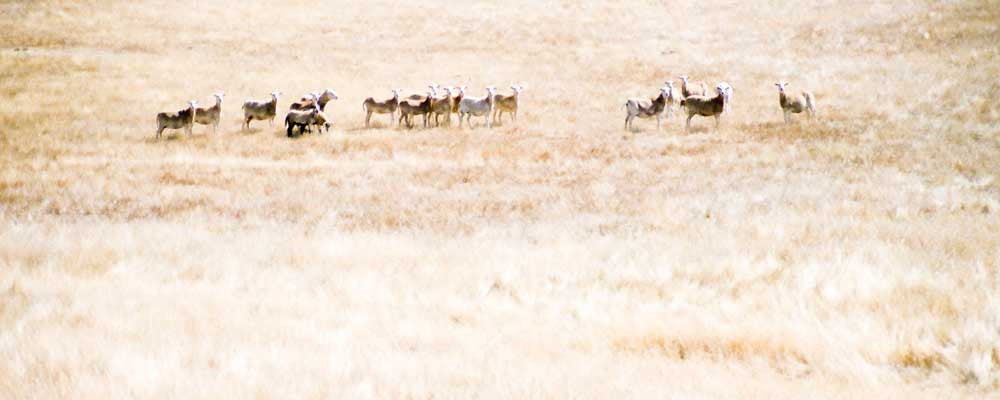ENVIRONMENTAL STATEMENT

Make Smith Environmental Statement - Our company philosophy is to provide a safe environment for both our employees and our community. Not only do we strive to comply with all current federal and state environmental regulations, but we also anticipate future requirements. We continually invest our time and money in both the technology and machinery needed to accomplish these goals. We cherish our environment and are working to preserve it for your children and ours.
U.S. environmental laws are among the most stringent in the world. We work diligently to comply with all environmental laws and regulations, both national and local. Our leather and hardware is tested for harmful properties with a certified governmental agency. The cost of this compliance is 5% of our selling price, an amount that is passed on to you and your customers, and for which we thank you California Proposition 65. Most leather-crafters purchase from foreign shores with little or no environmental controls or costs. We do not, choosing instead to purchase and produce here in the U.S. while complying with our laws.
Our leather is the old style "vegetable tannage," so named to denote its organic (plant based) origins. Our largest used chemicals are tannins from tree bark (made by boiling the bark in the water, just as tea and coffee are made, and a chemical present in any stream in forested areas), limestone (for removing the hair, and also used for adjusting pH in both drinking water and municipal waste-water systems), and oils (from fish and animals). The organic nature of our leather means that it is the most biodegradable of all leathers.
We use heavy Native Steer hides coming from the major U.S. beef packing houses, where the cattle are processed under strict USDA supervision in the most humane way possible. While we respect the views of those opposed to the harvesting of animals for food, the current state of humanity includes protein in its diet. The hide taken from the cattle accounts for only 5% of the value of the steer, it has essentially no effect on the number of cattle raised for beef. The price of hides has both doubled and halved over the years, with no change in the number of cattle grown or the supply of hides. This is why hides are termed a byproduct of the meat industry.
Our leathers are "naked," being either natural or aniline dyed (like stained wood). We use almost no pigment (paint) finishes. At most, our leathers will have a wax finish. Not only is this environmentally friendly, it also leaves the naturally warm brown hues of the leather to show through, like a piece of mahogany wood. Vegetable leather is the most beautiful of all leathers in its natural state.
Our job as responsible stewards to leather-craft in a sustainable and environmentally responsible manner. This is what we work diligently to accomplish, so that future generations may also enjoy our world.
